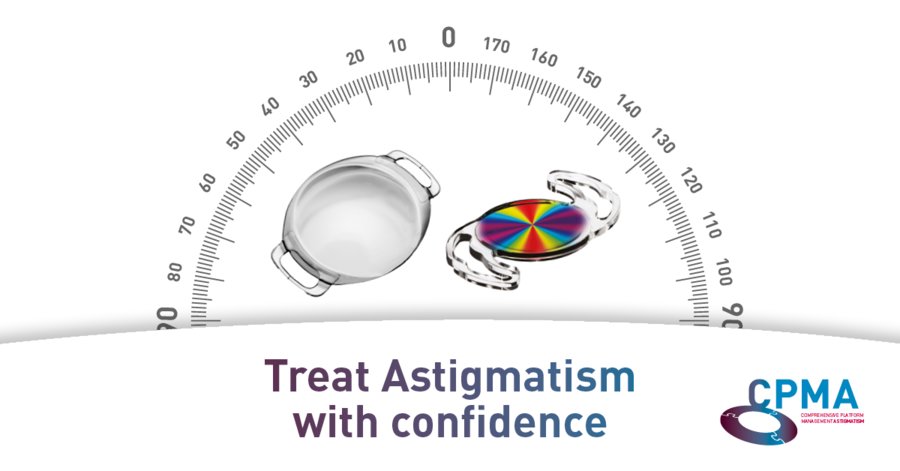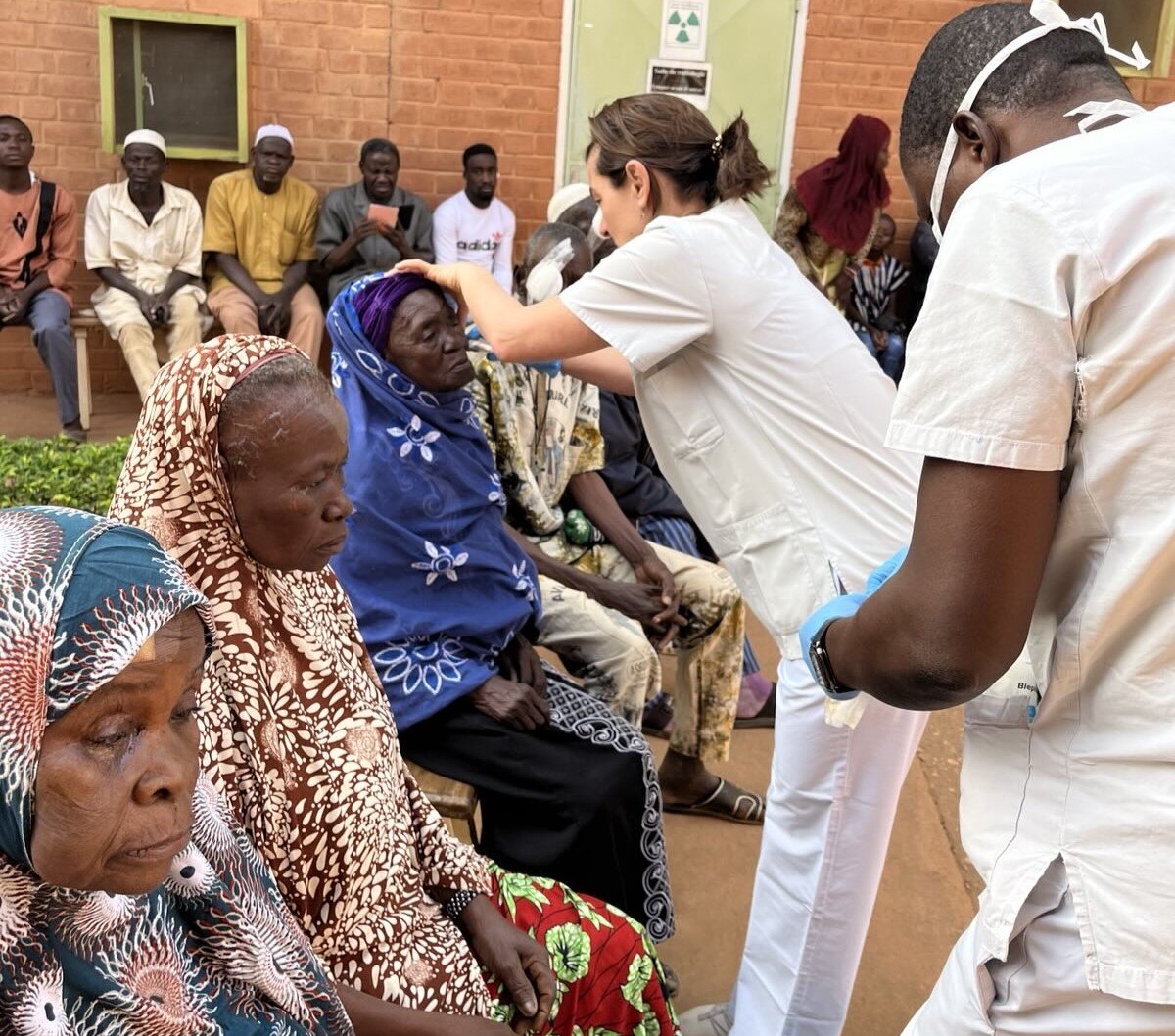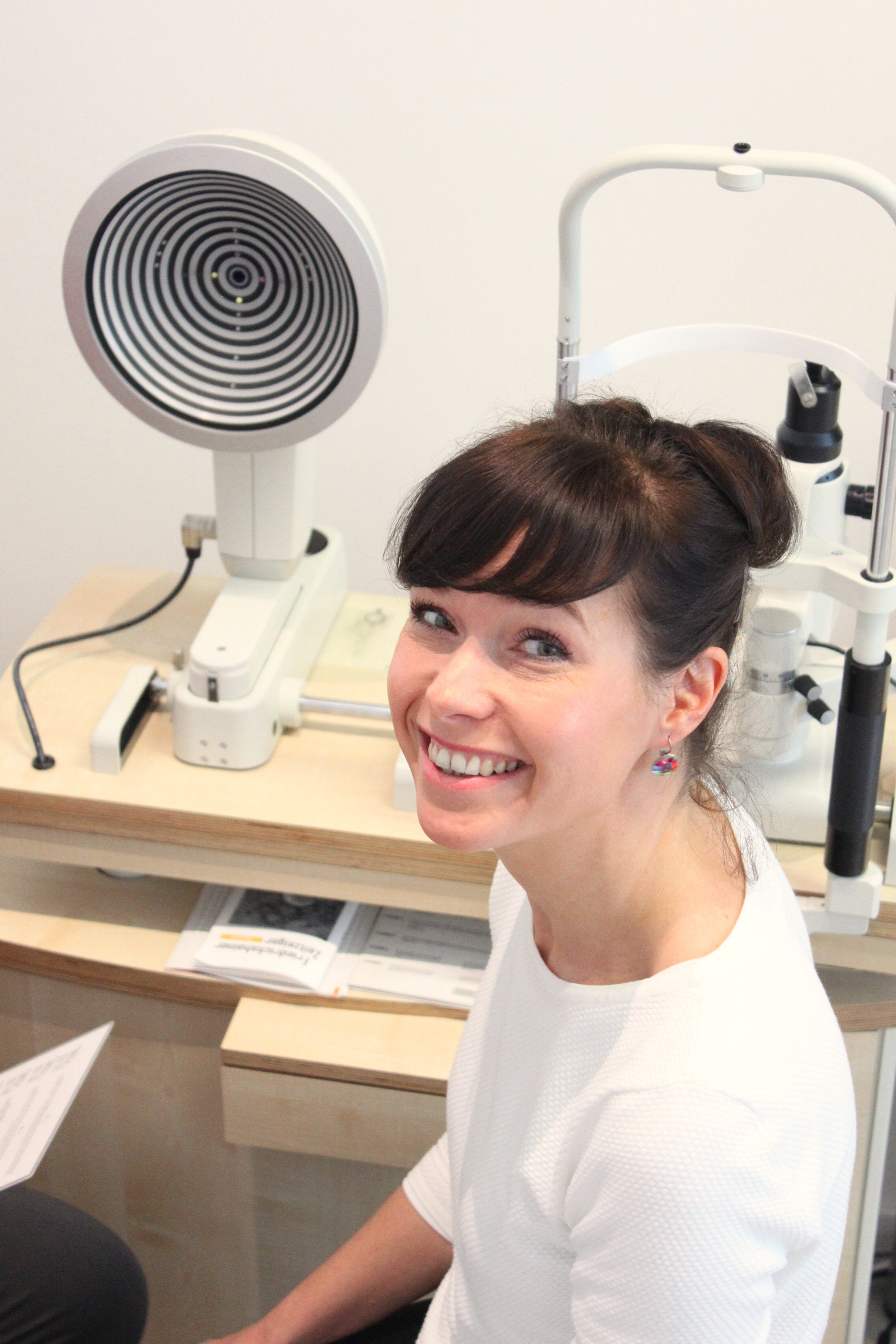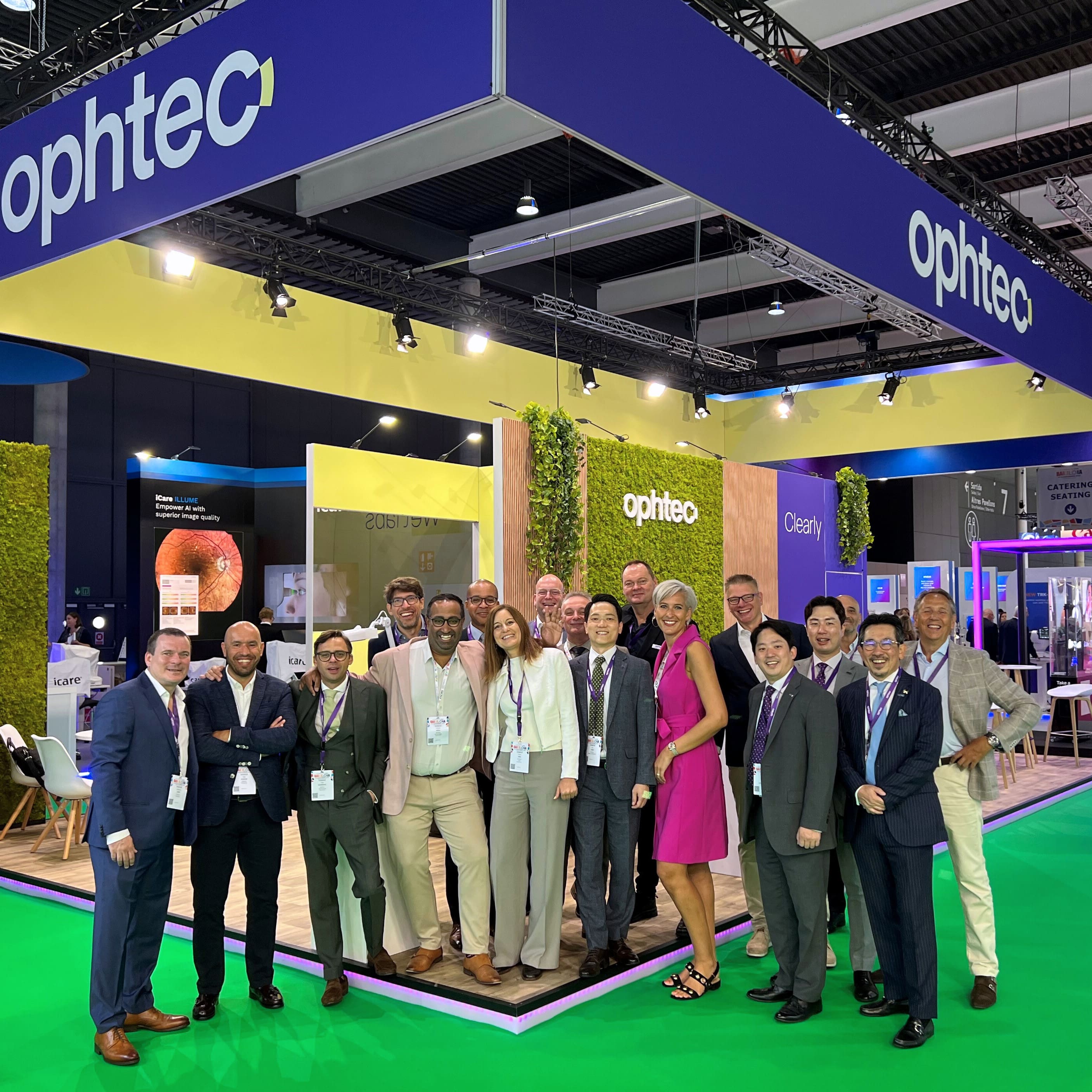What kind of calculations do you perform?
“We do different kinds of calculations: refraction calculations (for refractive IOLs) for people who cannot or do not want to wear glasses or contact lenses, and calculations for cataract lenses. We use different IOL calculation formula depending on the situation. Occasionally we also do calculations for customised lenses.”
“All our calculations are for patients of ophthalmologists to whom we supply lenses, as an extra service to them. These are all individual patients, but we only get anonymised ID numbers. All we need are the biometric eye measurements, preferably as comprehensively as possible, but that differs from surgeon to surgeon.
“Some clinics have state-of-the-art equipment, which I like the best because this always offers the most accurate data. But we also get regular ultrasound biometric measurements. These are not as comprehensive, but can still be properly analysed. They tell me everything I need to know.”
Are you consulted frequently?
“We get a lot of phone calls and emails, often from abroad. We also get a lot of questions about calculations, mostly from ophthalmologists and optometrists, but sometimes also from our distributors abroad. Usually, the person calling or mailing presents us with a case, which we then advise on. You need to know which data to use and which equation. It is important to take into account that all eyes are different.”
“Our calculations are extremely important, as they are intended to optimise the patient’s vision. Reflecting our slogan, ‘focus on perfection’, it is an additional service for ophthalmologists. Some ophthalmologists make their own calculations, but they usually ask us to do refraction calculations.”
What do you like about your work?
“I like the versatility, all those different cases. The harder they are, the better I like them. It’s like a puzzle: when you solve it, are told the calculation was correct and the patient is happy, that feels like a small ‘applause’."
“Contacts with colleagues abroad are also nice; every country is different. Practices in Spain are different from, say, South Korea, but everyone everywhere always works hard. We sometimes welcome colleagues in The Netherlands, and sometimes I have great contact with people I’ve never seen before.”
“I’ve learned the trade at Ophtec, mainly by attending internal training courses and reading and consulting the literature. I am originally from Bosnia and started in production at Ophtec in 2004, and further developed myself from there. I’ve been in the Clinical Affairs department since 2008.”
“It feels good to be able to offer ophthalmologists a dedicated solution and a different view of how to solve a problem. It is a free extra service, it’s part of what we do. And they appreciate it!”




